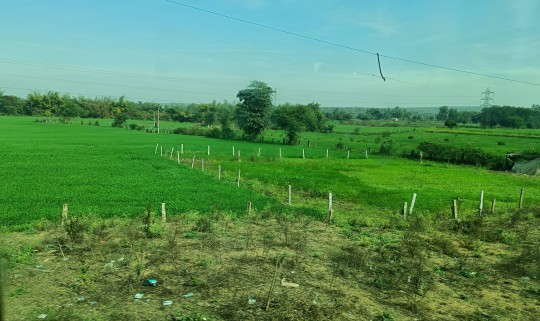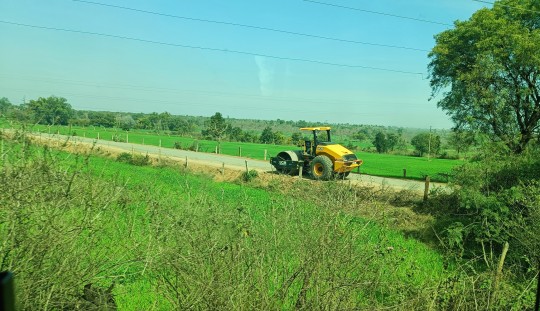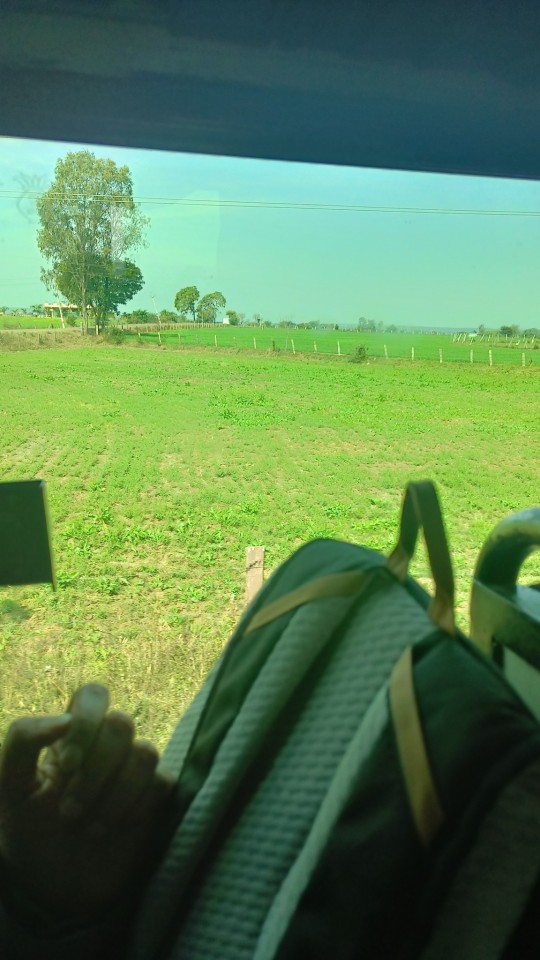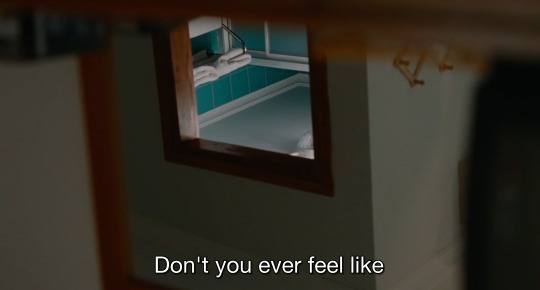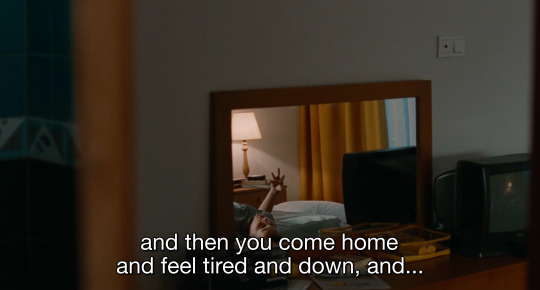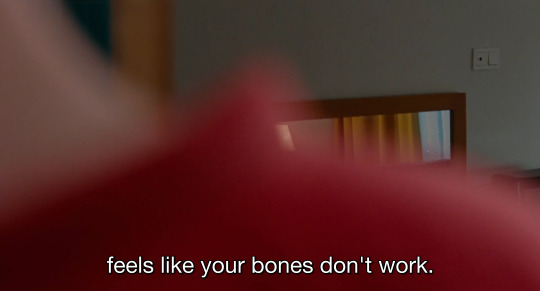Text
One may be very far from the ascetic view of money as a curse and yet regret that analytic therapy is almost inaccessible to poor people, both for external and internal reasons. Little can be done to remedy this. Perhaps there is truth in the widespread belief that those who are forced by necessity to a life of hard toil are less easily overtaken by neurosis. But on the other hand experience shows without a doubt that when once a poor man has produced a neurosis it is only with difficulty that he lets it be taken from him. It renders him too good a service in the struggle for existence; the secondary gain from illness which it brings him is much too important. He now claims by right of his neurosis the pity which the world has refused to his material distress, and he can now absolve himself from the obligation of combating his poverty by working.
Sigmund Freud, "On Beginning the Treatment," The Freud Reader, 370-371
15 notes
·
View notes
Text
"I write because I feel politically committed, because I would like to convince other people, without lying to them, that what I dream about and what I speak about and what causes me to struggle are worth writing about. The political nature of the act of writing, in turn, requires ethical commitment. I cannot lie to my readers by deliberately hiding the truth; I cannot affirm that which I know is false. I cannot give the impression that I am knowledgeable about this or that subject if I am not. I cannot quote a single phrase that intimates to my readers that I have read the entire work of the quoted author. I will lose the authority to continue to write or speak about Christ if I, at the same time, discrimi- nate against my neighbor because he or she is black or because he or she is a blue-collar worker.
One should not define the act of writing by alleging that it is a pure, divine act of the angels... There are epistemological, economic, social, racial, and class limits. I should, whenever possible, keep in mind the fundamental ethical requirement of knowing my own limits. I cannot authentically accept a professorship if I do not teach or if I teach by confusing or falsifying. In truth, I cannot teach what I do not know. I cannot teach clearly unless I recognize my own ignorance, unless I identify what I do not know, what I have not mastered.
Only when I fully know what I do not know can I speak about what I do not know, not as an object of knowledge, but as an absence that can be overcome. Thus, I can begin to know better what I do not know".
Paulo Freire (in Foreword of Letters to Cristina)
0 notes
Text
"Truth, for Badiou, is never simply a revelation, but has reality only in and through the subject who changes the world in its name. If the subject “answers the call,” then it and the event become part of what Badiou calls “truth procedures,” of which he recognizes four: politics, where a status quo is breached in the name of a new community or society, science, in the name of new possibilities of knowing, art, of a new language of forms and love, a newly shared world of Two instead of One."
Ype de Boer (In 'Badiou and Agamben Beyond the Happiness Industry and its Critics')
8 notes
·
View notes
Text

शाम और रात के कहीं बीच... somewhere between the twilight and the night...
0 notes
Text
“Ugliness is a pathway to intimacy. You can’t have intimacy without trust, and you can’t have trust without vulnerability. In order to be vulnerable, you have to reveal parts of yourself that are dismissed as capital-U Ugly. There’s also this piece around disability — the interdependence of disability is inescapable. I feel like access is not a burden, it’s an amazing opportunity to be generative, to deepen community, relationships, everything.
When I think about intimacy and its connections to beauty, I feel like it’s more connected to ugliness than beauty. I think the only way that we can build intimacy is through ugliness. For example, there is something very magnificent about how disabled people build access to intimacy — that kind of intimacy that comes with not being afraid to state your access needs. Not beauty, but the magnificence or the learned experiences that ugliness teaches you on how to survive. People see this as an extremist thing, but what I’m saying is that it’s been a way in my life to not let go of people, and to live in that interdependence that doesn’t always feel revolutionary and good. Sometimes it fucking sucks — sometimes you just want to be able to take a walk by yourself. Sometimes it sucks to have to depend on someone to help you take a walk by yourself.
There are times when it’s incredibly hard. I’ve learned and we have all learned so many different pieces of how to survive, how to be and thrive within our lived experiences. The alternative is to pretend it away, but I also think there is something with disability that doesn’t allow you to turn away. You could try to pretend it away even though your reality is not such. But there’s a concreteness to me about disability that doesn’t allow you to pretend it away.
Shitty things happen. Ugliness is all around us all the time. Sometimes shit is not beautiful and that’s okay, that’s actually more generative, there is a depth to that. If I was able-bodied and I didn’t fall all the time, I would never know that experience and that depth. There have been so many amazing strangers who have helped me pick up all of my things from the sidewalk, from the floor, helped me get some ice. All of these pieces of everyday life are so connected to those moments of intimacy. There’s something in that.”
Why Ugliness is Vital in the Age of Social Media - Mia Mingus
8K notes
·
View notes
Text
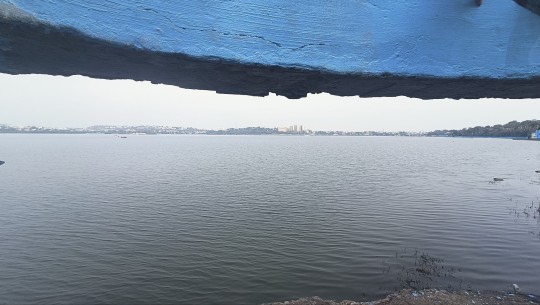
“He knew, even back than, that she was prone to bouts of melancholy. It came to her in successive waves, an ebb and flow. When the first wave arrives, barely touching her toes, it was so light and translucent a ripple that you might be forgiven for thinking it insignificant, that it would vanish soon, leaving no trace. But then followed another wave, and the next one, rising as far as her ankles, and the one after that covering her knees, and before you knew it she was immersed in liquid pain, up to her neck, drowning. That’s how depression sucked her in.”
~ ELIF SHAFAK, THE ISLAND OF MISSING TREES
0 notes
Text

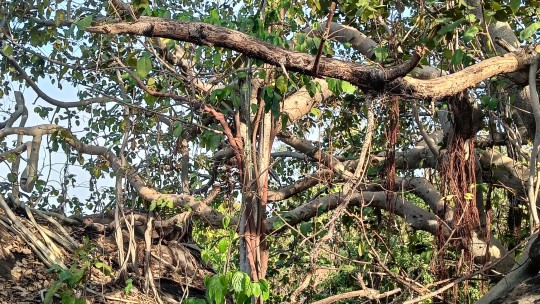
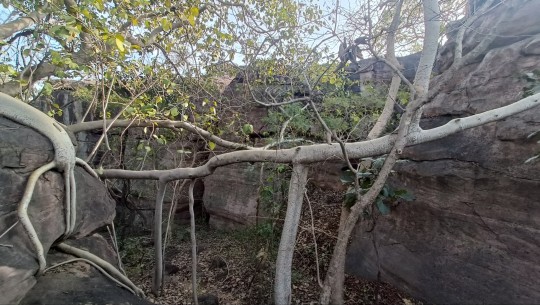
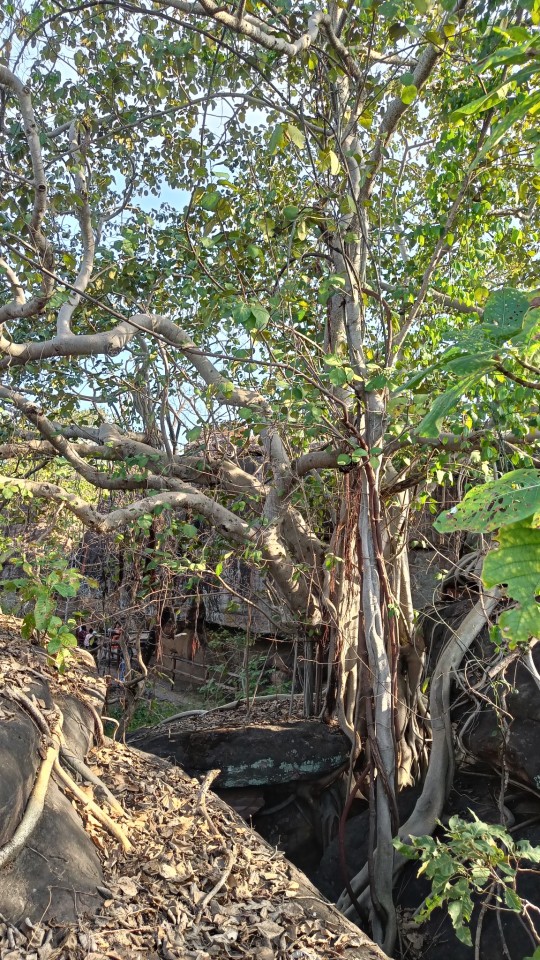
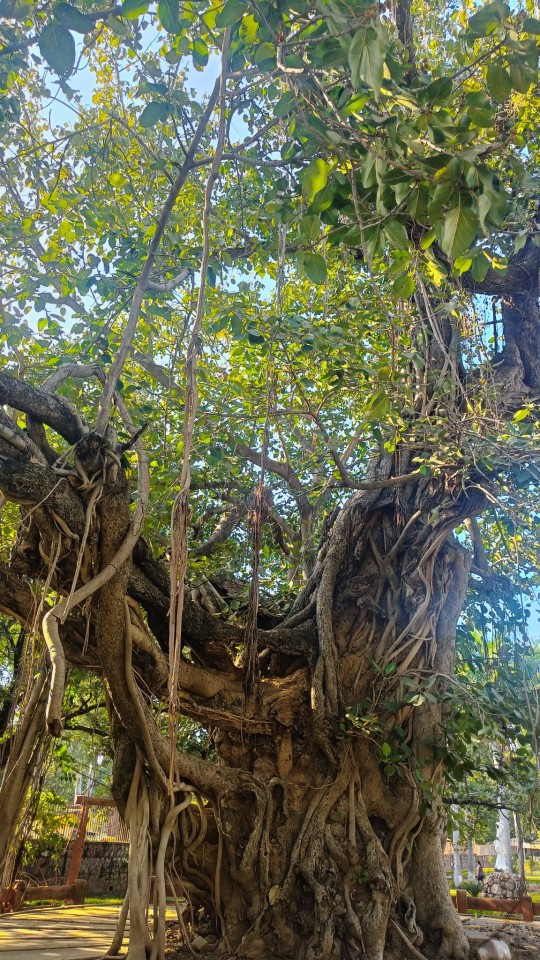
“Trees are never lonely. Humans think they know with certainty where their being ends and someone else’s starts. With their roots tangled and cuaght up underground, linked to fungi and bacteria, trees harbour no such illusions. For us, everything is interconnected.”
~ Elif Shafak, The Island of Missing Trees
0 notes
Text
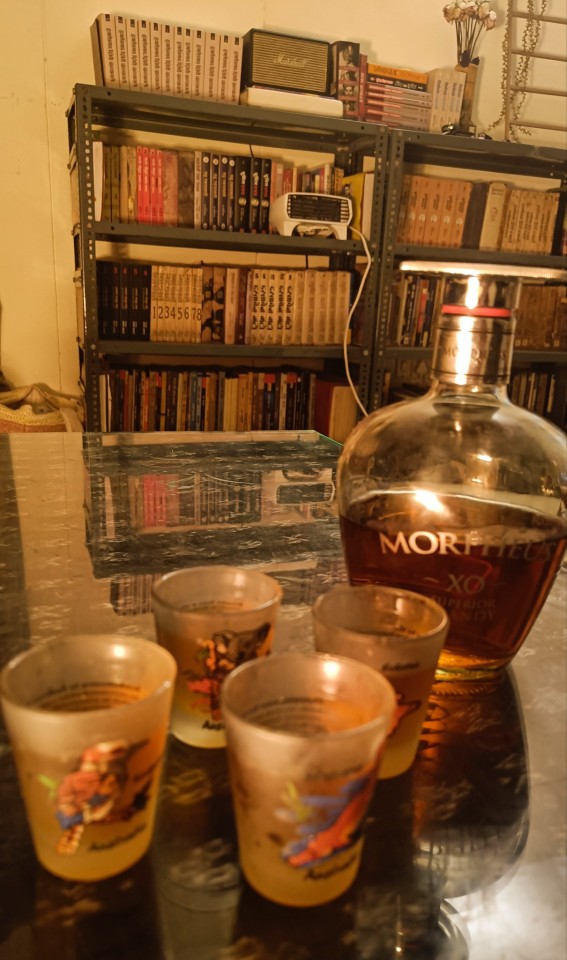
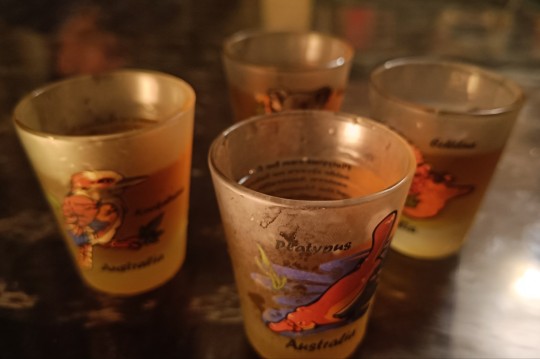
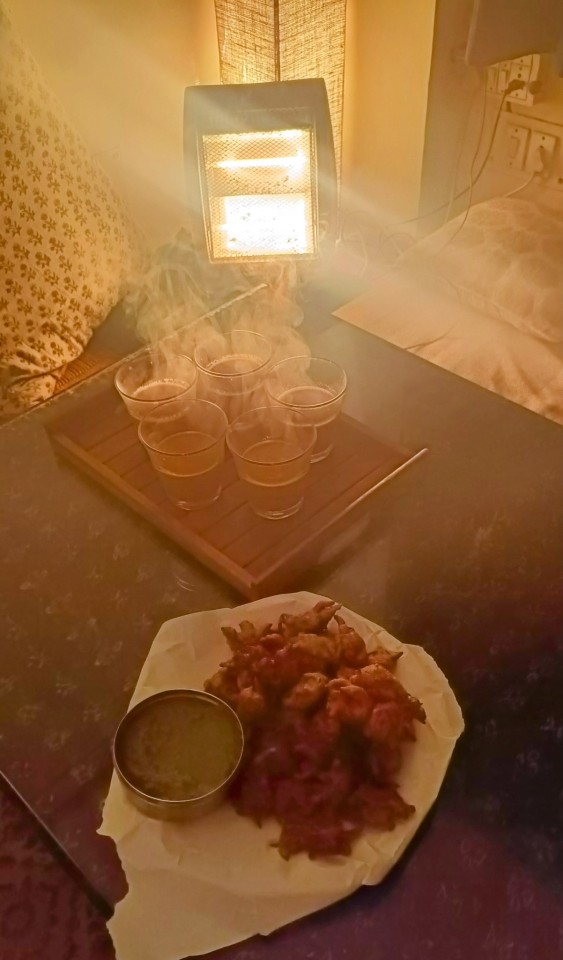
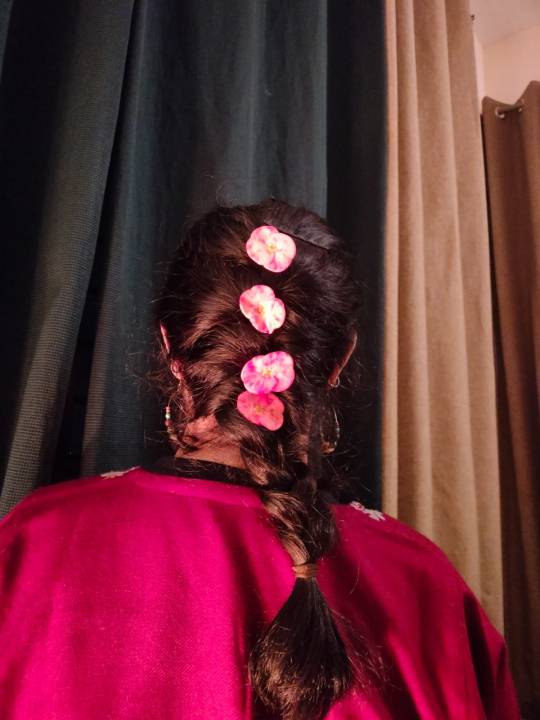
Light, warmth, bloom, camaraderie... #Winters
1 note
·
View note
Text
“I don't know what it is like to not have deep emotions. Even when I feel nothing, I feel it completely.”
Sylvia Plath.
2K notes
·
View notes
Text
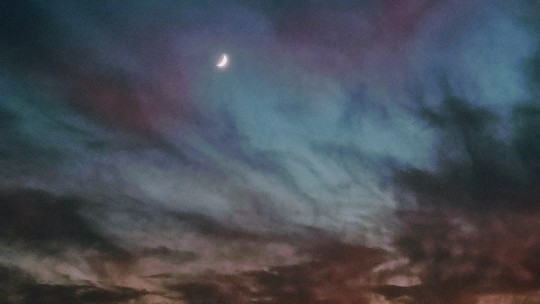

"Clouds come floating into my life, no longer to carry rain or usher storm, but to add color to my sunset sky".
Tagore
13 notes
·
View notes
Text
"These workers, who cannot even dream of ever building their own house in Delhi or Noida, come here leaving behind their dying agriculture and crafts. It is their labour that makes it possible for the residents of the city to experience safety in their homes, with home deliveries and travel. Ironically the same workers are left feeling not just unsafe and unwelcome but also as if they are the ones from whom the safety of the residents has to be ensured by making their spaces “gated”... ... the discourse of “safe cities” invisibilises the work that goes into making them safer, excludes those who put in this work and then goes ahead into turning them into convenient “others”.
@bakaity-poetry (Ankur Jaiswal)
#migration#migrantworkers#safecity#safety#insider-outsider#circular migration#urban development#urbanisation#periphery#lives in transit
1 note
·
View note
Text
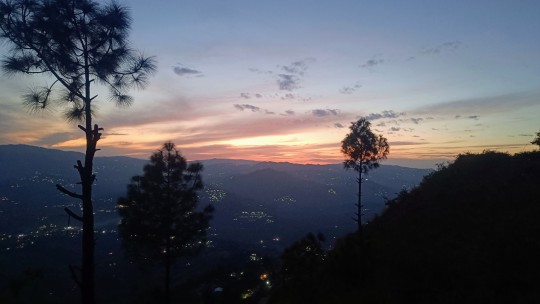
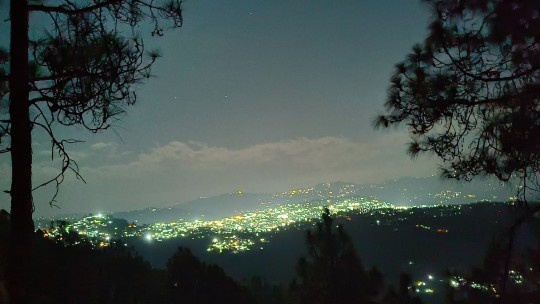
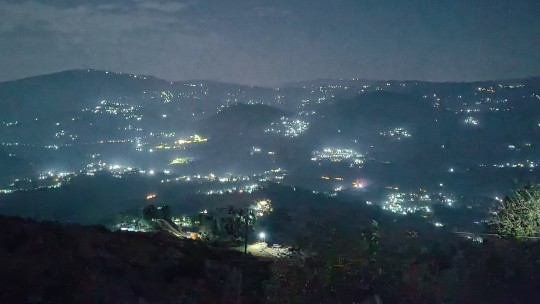
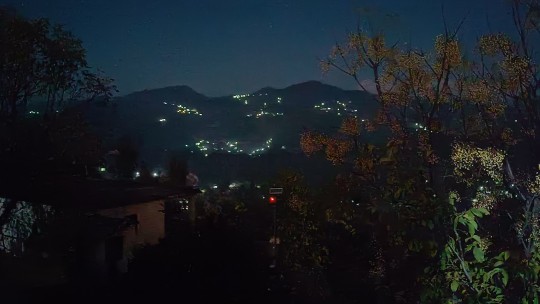
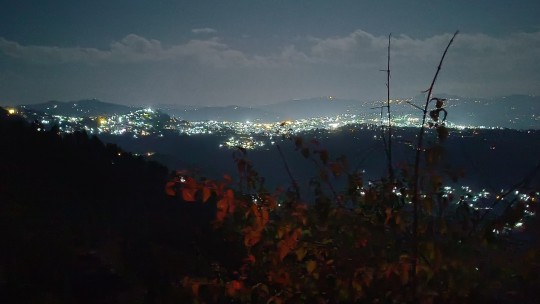
Lights on distant hills have always been precious... As I would wait for my father to return from his tours at night, my mother would point at lights on the distant hills explaining to me that he was still within sight...and I would follow the lights till he came back home... on days he would be home, the lights from distant homes would be the substance of fantasies...whose houses were they , why were they still awake, who were they waiting for... the lights on the hills were the bond i shared with those whom I didn't know but felt connected to... there were lives and homes besides mine and they were sparkling too... the lights were gems of hope, of life, of love, of warmth that made the cold of outside less brutal ... lights in hills in this sense became an idea of 'home'... the childhood home to which i could and do walk back into anytime...and then there are those moments when the lights are no longer home ... and hopefully so... because 'home' is the person whom you walk back into these lights with...connecting even more beautifully with their expansiveness as you carry an expansiveness within...
#homecoming #lights #childhood #home #love #joy #expansiveness #poetry #mountains #gratitude
1 note
·
View note
Text
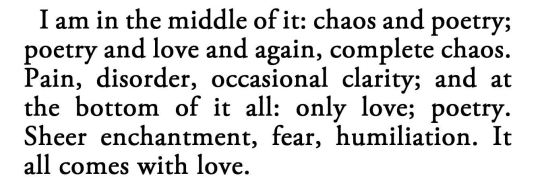
― Anna Akhmatova, The Akhmatova Journals, Volume I: 1938-1941
[text ID: I am in the middle of it: chaos and poetry; poetry and love and again, complete chaos. Pain, disorder, occasional clarity; and at the bottom of it all: only love; poetry. Sheer enchantment, fear, humiliation. It all comes with love.]
3K notes
·
View notes
Text
"All too often our mode of listening deteriorates into intellectual sorting, with the professional grabbing the veterans’ words from the air and sticking them into mental bins . We assume we know what we’re hearing, that we don’t really have to listen, that we’ve heard it all before ... (We) resemble museum-goers whose whole experience consists of mentally saying, ‘That’s cubist! That’s El Greco!’ and who never see anything they’ve looked at ... listening in this way, destroys trust .”
Jonathan Shay (in Achilles in Vietnam)
0 notes
Text
"From her he had learned two fundamental things about love: first, that unlike what the romantics so pompously argued, love was more a gradual course than a sudden blossoming at first sight, and second, that he was capable of loving."
Elif Shafak, Bastards of Istanbul
2 notes
·
View notes
